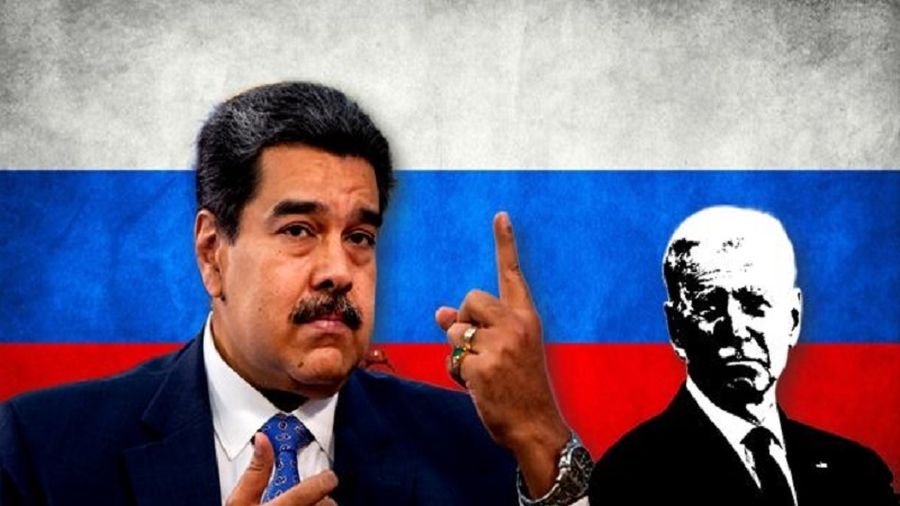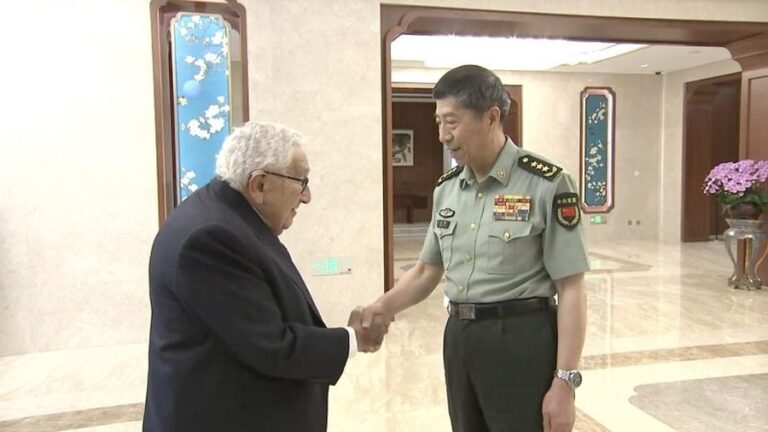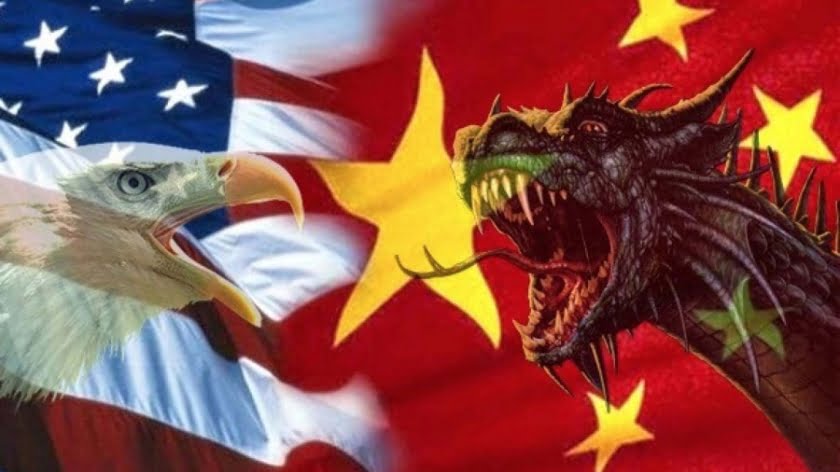Would It Be a Betrayal of Venezuela’s Multipolar Principles to Sell Oil to the US?
The Bolivarian Republic is a proudly sovereign nation that espouses the socialist principles of peace, brotherhood, and equitable development, but its ambitious vision has been hamstrung for years by the US’ Hybrid Warfare against it that’s plunged many of its people into poverty, among countless other strategic consequences.
Reports have recently circulated that the US is considering lifting its unilateral sanctions against Venezuela in order to unlock its potential on the global energy market and therefore help its European vassals in their quest to fully replace Russian oil by 2027. To that end, it dispatched a delegation to the Bolivarian Republic to meet with President Maduro, who the US officially doesn’t recognize as legitimate. The Venezuelan leader said that he agreed to an agenda for future talks, which his Foreign Minister suggested might soon bear fruit after remarking that it wouldn’t be strange for those two to resume their traditional energy relationship. The second-mentioned also reaffirmed his country’s loyalty to its Russian strategic partner, reassuring the Kremlin that Caracas won’t ever turn against it.
Even so, these fast-moving developments have made some wonder whether it would be a betrayal of Venezuela’s multipolar principles to sell oil to its US enemies that have worked for years to overthrow its democratically elected and legitimate government through multiple Hybrid Warfare schemes. On the surface, it comes off as inexplicable why Caracas would even countenance such, though upon digging deeper into the strategic dynamics, everything begins to make a lot more sense. The Bolivarian Republic is a proudly sovereign nation that espouses the socialist principles of peace, brotherhood, and equitable development, but its ambitious vision has been hamstrung for years by the US’ Hybrid Warfare against it that’s plunged many of its people into poverty, among countless other strategic consequences.
It wasn’t Venezuela that carried out unprovoked acts of aggression against the US, but the US that did so against Venezuela. Therefore, it naturally follows that the country would be receptive to its enemy’s de facto calls for a “ceasefire” that would be mutually beneficial for both: the US could help its European vassals replace Russian oil while Venezuela would receive much-needed budgetary revenue that it could then reinvest into improving its people’s lives. There’s nothing ideologically contradictory about this, even though the indirect outcome being pursued by the US would arguably be disadvantageous for Russian interests. Nevertheless, it wouldn’t necessarily pose an insurmountable challenge either since China, India, Pakistan, and other Global South countries are promising markets for replacing the EU one.
Should the scenario of Venezuela resuming oil exports to the US come to pass, then Caracas must ensure that Washington truly abides by the de facto “ceasefire” between them by stopping all of its meddling operations and other forms of pressure against the country. It should also demand that the US disowns its prior endorsement of Juan Guaido as the self-proclaimed leader of Venezuela and revert to recognizing President Maduro as its only legitimate one. The failure to reach such an understanding would signify that Venezuela is so desperate to receive much-needed budgetary revenue that it would be willing to sell oil to the same country that in this case still wouldn’t even recognize the legitimacy of its government. In that scenario, Venezuela might actually end up flirting with a betrayal of its principles.








3 Comments